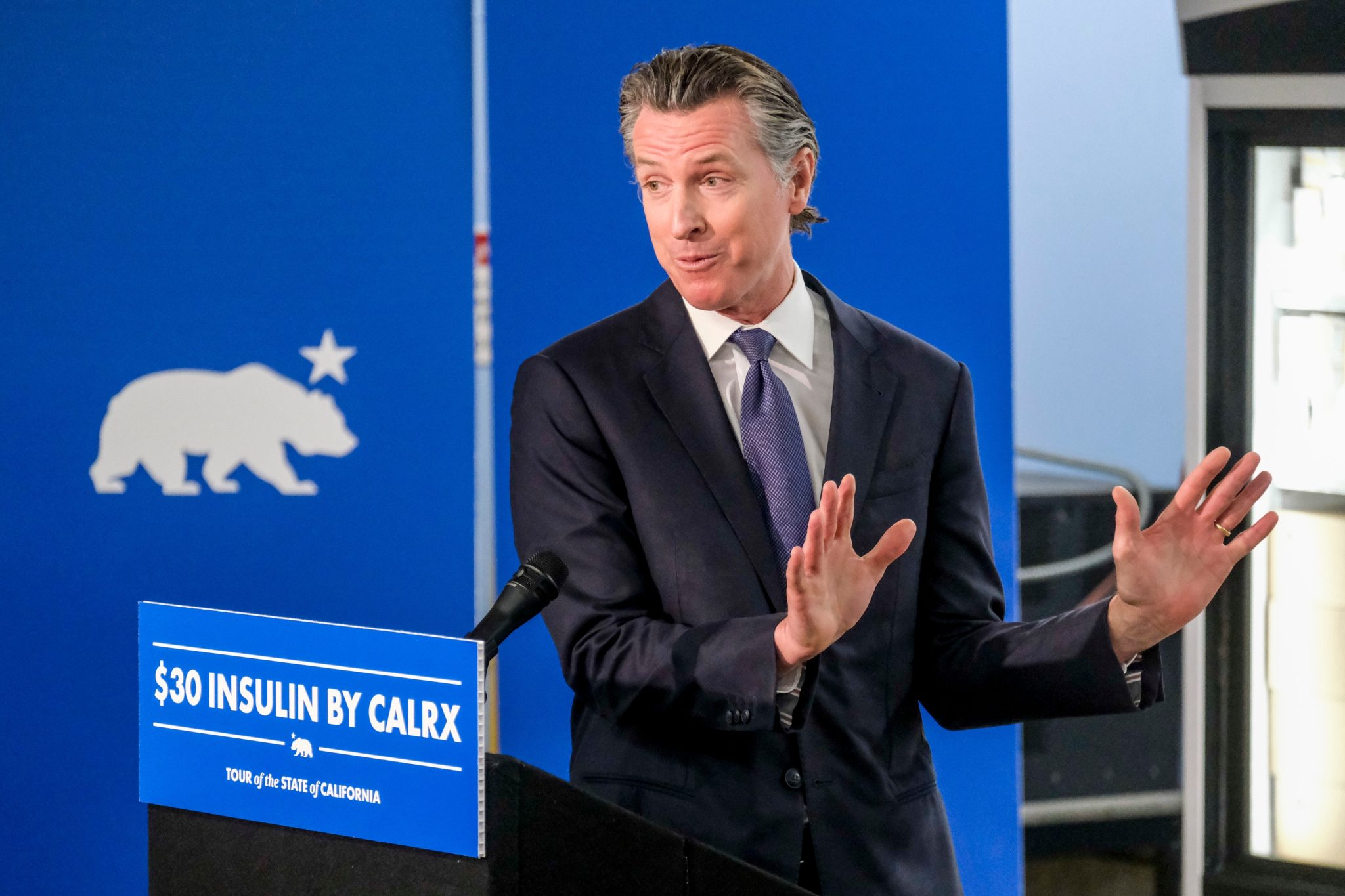Guard vs. Chaos: Did Newsom FAIL LA?

Former sheriff’s deputy and LA County GOP Vice Chair Patrick Gipson blasts Governor Newsom for failing to deploy the National Guard early enough to prevent chaos during immigration protests in Los Angeles.
At a Glance
- Patrick Gipson, LA County GOP Vice Chair, claims Governor Newsom’s delayed National Guard deployment led to unnecessary rioting and property damage
- Protests against federal immigration raids escalated into violence and looting across Los Angeles
- Gipson argues that both Newsom and Mayor Karen Bass failed to take proactive measures to maintain order
- The dispute has become politically charged with President Trump deploying Marines while Newsom criticized the federal intervention
- Gipson points to underfunded crime prevention initiatives and low police morale as contributing factors
Former Sheriff’s Deputy Condemns State Leadership
Patrick Gipson, Los Angeles County GOP vice chair and former sheriff’s deputy, has sharply criticized California Governor Gavin Newsom’s handling of protests that erupted in Los Angeles following federal immigration operations. The demonstrations, initially peaceful protests against ICE raids and the arrest of union leader David Huerta, descended into vandalism and violence in some areas. Gipson claims the deterioration could have been prevented with more decisive leadership and earlier deployment of National Guard troops.
According to Gipson, Newsom’s reluctance to call in the National Guard at the first signs of unrest directly contributed to escalating chaos. The criticism comes as California deployed over 800 state and local law enforcement officers to manage the situation, while Governor Newsom insisted that federal troops were unnecessary and potentially counterproductive. Gipson’s statements reflect growing tension between state and federal authorities over the appropriate response to public demonstrations.
Political Tensions Escalate
The situation in Los Angeles has intensified political divisions, with President Trump ordering approximately 700 Marines to the city and suggesting Governor Newsom should be arrested. LAPD Chief Jim McDonnell expressed concerns about potential confusion from the National Guard’s presence, highlighting the complicated chain of command issues facing law enforcement during civil unrest. The competing narratives about appropriate force levels have become a flashpoint in the ongoing immigration debate.
“These riots, they’re completely unnecessary. We didn’t have to go to this length to see cars burning, businesses looted, livelihoods destroyed. It could’ve all been avoided.”, said Patrick Gipson.
Gipson further accused Mayor Karen Bass of being unable to act independently, suggesting Newsom’s leadership approach constrained her. This criticism underscores the former deputy’s belief that a bureaucratic chain of command has paralyzed effective law enforcement during critical moments. The governor’s office countered these claims, maintaining that state and local resources were sufficient and appropriately deployed to handle the demonstrations.
Underlying Policy Concerns
Beyond the immediate crisis, Gipson points to what he describes as systemic issues within California’s approach to law enforcement. He specifically mentioned Proposition 36, a crime prevention initiative passed in 2024 that he claims has been inadequately funded. The former deputy attributes much of the unrest to what he characterizes as “soft-on-crime” policies that have undermined public safety throughout the state and contributed to low morale among police officers.
“Newsom is reactionary instead of pro-action. If he had called in the National Guard earlier, we would’ve saved billions of dollars in insurance claims and protected our small businesses.”, added Gipson.
The LAPD has reported that while most protests have remained peaceful, incidents of vandalism and violence have occurred. Gipson insists these incidents reflect a broader pattern of leadership failure, claiming that officers are afraid to perform their duties due to lack of support from state leadership. He emphasized that immediate consequences for lawbreakers would provide a solution to the ongoing unrest, arguing that current policies have emboldened criminal behavior during otherwise legitimate protests.
